Home / business / Hyundai Motor India Shares Fall 3% Amid Weak Q2 Re
Hyundai Motor India Shares Fall 3% Amid Weak Q2 Re
By: My India Times
2 minutes read 61Updated At: 2024-11-13

New Delhi, November 12, 2024: Hyundai Motor India’s shares dropped by 2.73% on Tuesday, trading at ₹1,772.20 per share on the NSE, as investors reacted to the company’s underwhelming financial results for the second quarter of FY25. This marks Hyundai Motor India’s first quarterly earnings report since its market debut on October 22, 2024, and the weak performance has raised concerns among investors and analysts alike.
For Q2 FY25, Hyundai Motor India reported a consolidated revenue of ₹17,260 crore, reflecting an 8% year-on-year (YoY) decline compared to ₹18,660 crore in Q2 FY24. The company’s profit after tax (PAT) also took a hit, dropping 16% YoY to ₹1,375 crore from ₹1,628 crore in the same quarter last year. At the operating level, the company’s earnings before interest, tax, depreciation, and amortisation (EBITDA) saw a 10% decrease, reaching ₹2,205 crore, down from ₹2,440 crore in Q2 FY24. Additionally, Hyundai’s EBITDA margin slightly narrowed to 12.8%, a 30 basis points decline from the 13.1% margin recorded in the year-ago period.
The decline in Hyundai’s earnings aligns with a broader trend of softening demand and economic uncertainty that has impacted the automotive sector. Despite its recent IPO success, Hyundai Motor India’s performance has highlighted the challenges that automotive companies face in navigating rising production costs and shifting consumer preferences, particularly with the growing emphasis on electric vehicles (EVs) and sustainable alternatives.
Management’s Response and Strategic Outlook
Hyundai Motor India’s management addressed the performance dip, attributing it primarily to tough market conditions and the impact of rising input costs. “Despite sluggish market conditions, we have successfully maintained profitability in H1 FY 2024-25, largely due to our proactive and continuous cost-control measures,†said Unsoo Kim, Managing Director of Hyundai Motor India. The company has expressed optimism regarding its long-term growth strategy, which focuses on quality expansion while balancing volume, market share, and profitability.
In an effort to strengthen its position in the growing EV market, Hyundai is preparing for the launch of the much-anticipated CRETA EV. Set to hit the market in the coming months, the CRETA EV is expected to be a major player in the mass-market EV segment, where Hyundai aims to establish a strong foothold. The company believes that the CRETA EV’s entry will provide Hyundai with a competitive edge as the demand for electric vehicles continues to accelerate in India.
Industry and Investor Reactions
Hyundai’s stock performance and Q2 results have garnered mixed reactions from industry analysts. While some view the company’s proactive cost management as a positive step amid challenging market conditions, others remain cautious, given the ongoing volatility in consumer demand and the potential impact of rising input costs on future profitability. The company’s focus on expanding its EV lineup, however, is being seen as a promising strategy that could support long-term growth.
As Hyundai Motor India prepares for the EV transition and implements cost-control strategies, its investors are watching closely to see how these measures affect the company’s performance in upcoming quarters. In the near term, analysts expect Hyundai’s share price to remain sensitive to market dynamics, influenced by both the economic environment and evolving industry trends.
New Delhi, November 12, 2024: Hyundai Motor India’s shares dropped by 2.73% on Tuesday, trading at ₹1,772.20 per share on the NSE, as investors reacted to the company’s underwhelming financial results for the second quarter of FY25. This marks Hyundai Motor India’s first quarterly earnings report since its market debut on October 22, 2024, and the weak performance has raised concerns among investors and analysts alike.
For Q2 FY25, Hyundai Motor India reported a consolidated revenue of ₹17,260 crore, reflecting an 8% year-on-year (YoY) decline compared to ₹18,660 crore in Q2 FY24. The company’s profit after tax (PAT) also took a hit, dropping 16% YoY to ₹1,375 crore from ₹1,628 crore in the same quarter last year. At the operating level, the company’s earnings before interest, tax, depreciation, and amortisation (EBITDA) saw a 10% decrease, reaching ₹2,205 crore, down from ₹2,440 crore in Q2 FY24. Additionally, Hyundai’s EBITDA margin slightly narrowed to 12.8%, a 30 basis points decline from the 13.1% margin recorded in the year-ago period.
The decline in Hyundai’s earnings aligns with a broader trend of softening demand and economic uncertainty that has impacted the automotive sector. Despite its recent IPO success, Hyundai Motor India’s performance has highlighted the challenges that automotive companies face in navigating rising production costs and shifting consumer preferences, particularly with the growing emphasis on electric vehicles (EVs) and sustainable alternatives.
Management’s Response and Strategic Outlook
Hyundai Motor India’s management addressed the performance dip, attributing it primarily to tough market conditions and the impact of rising input costs. “Despite sluggish market conditions, we have successfully maintained profitability in H1 FY 2024-25, largely due to our proactive and continuous cost-control measures,†said Unsoo Kim, Managing Director of Hyundai Motor India. The company has expressed optimism regarding its long-term growth strategy, which focuses on quality expansion while balancing volume, market share, and profitability.
In an effort to strengthen its position in the growing EV market, Hyundai is preparing for the launch of the much-anticipated CRETA EV. Set to hit the market in the coming months, the CRETA EV is expected to be a major player in the mass-market EV segment, where Hyundai aims to establish a strong foothold. The company believes that the CRETA EV’s entry will provide Hyundai with a competitive edge as the demand for electric vehicles continues to accelerate in India.
Industry and Investor Reactions
Hyundai’s stock performance and Q2 results have garnered mixed reactions from industry analysts. While some view the company’s proactive cost management as a positive step amid challenging market conditions, others remain cautious, given the ongoing volatility in consumer demand and the potential impact of rising input costs on future profitability. The company’s focus on expanding its EV lineup, however, is being seen as a promising strategy that could support long-term growth.
As Hyundai Motor India prepares for the EV transition and implements cost-control strategies, its investors are watching closely to see how these measures affect the company’s performance in upcoming quarters. In the near term, analysts expect Hyundai’s share price to remain sensitive to market dynamics, influenced by both the economic environment and evolving industry trends.
By: My India Times
Updated At: 2024-11-13
Tags: business News | My India Times News | Trending News | Travel News
Join our WhatsApp Channel













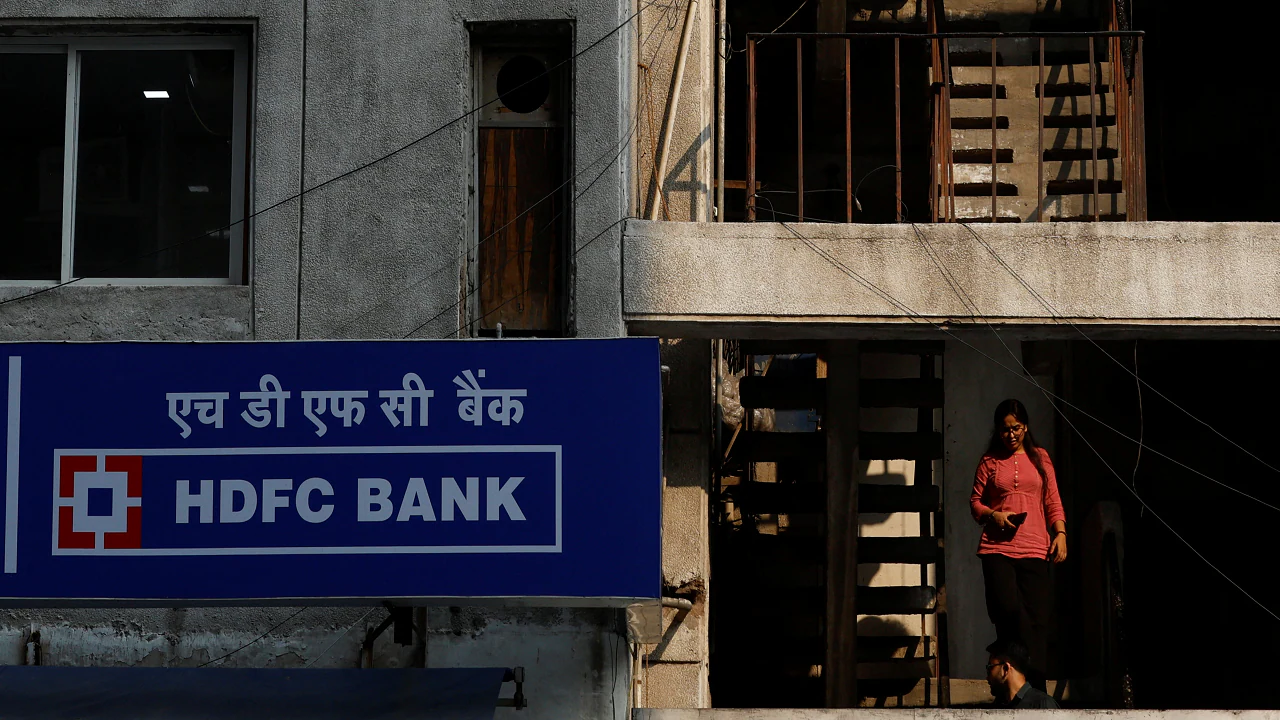






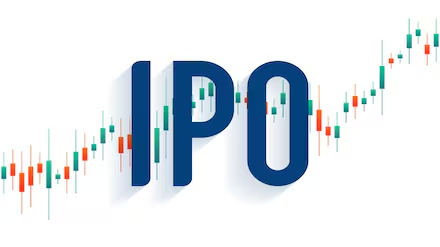






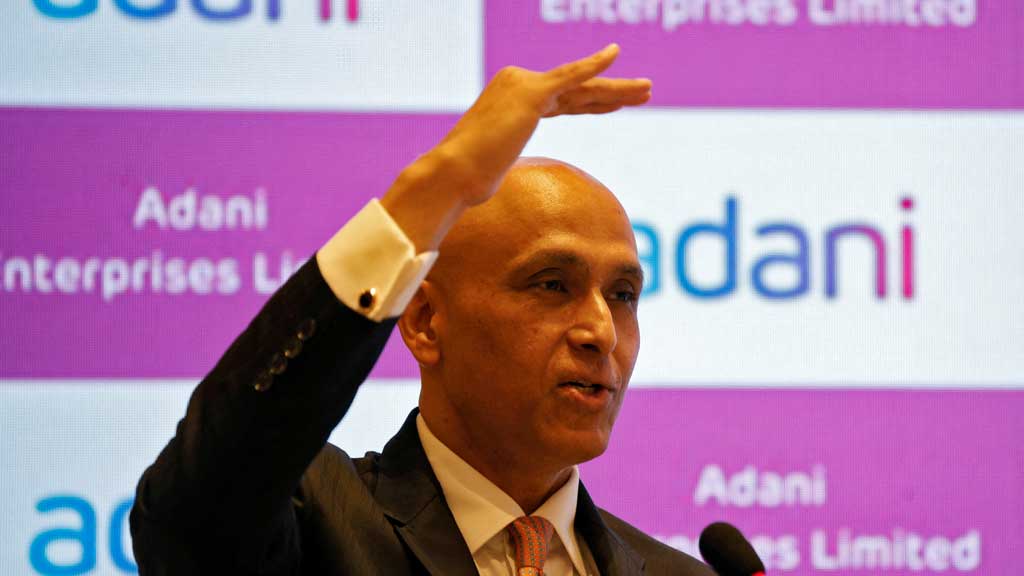


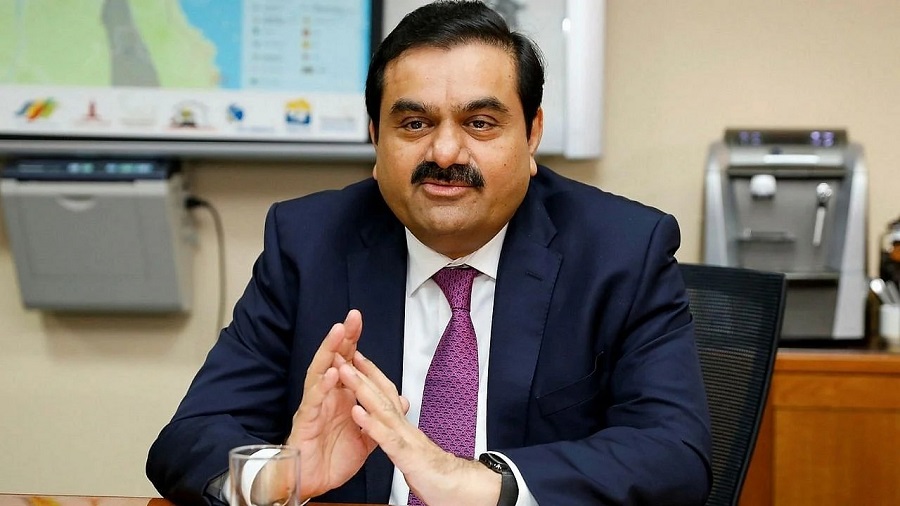

.jfif)



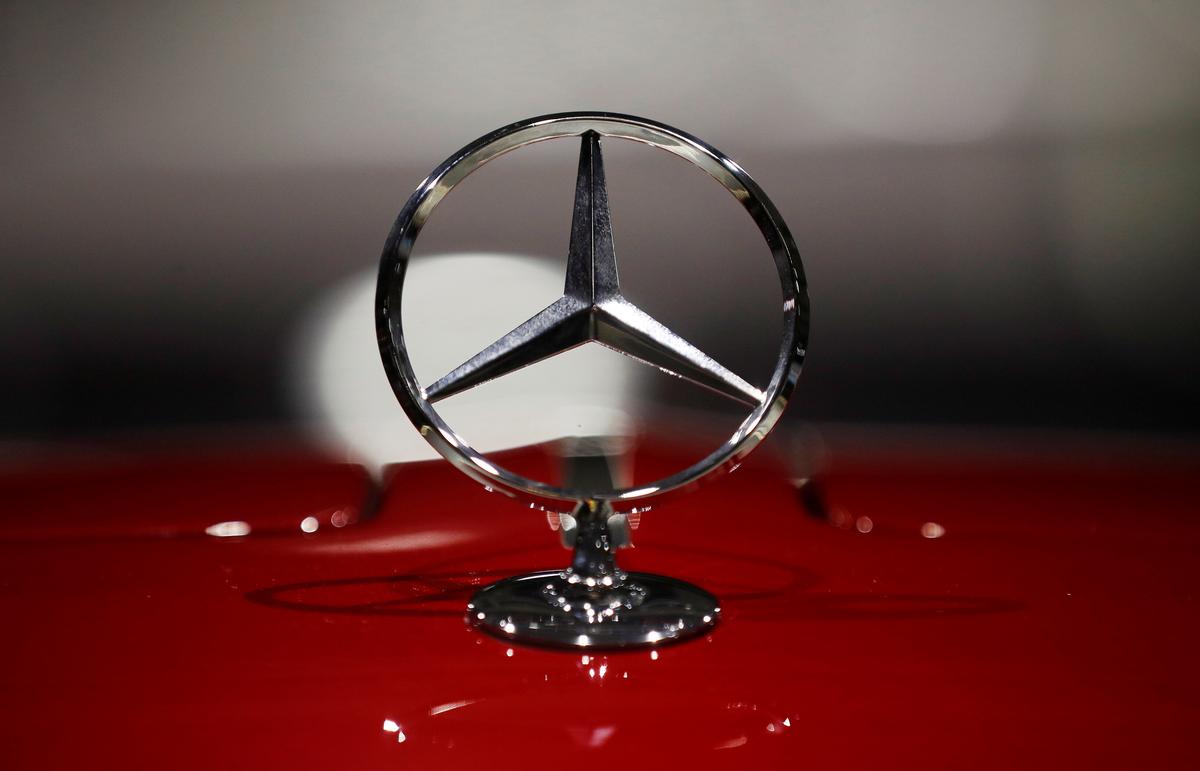




























































































.png)
 (1).png)























